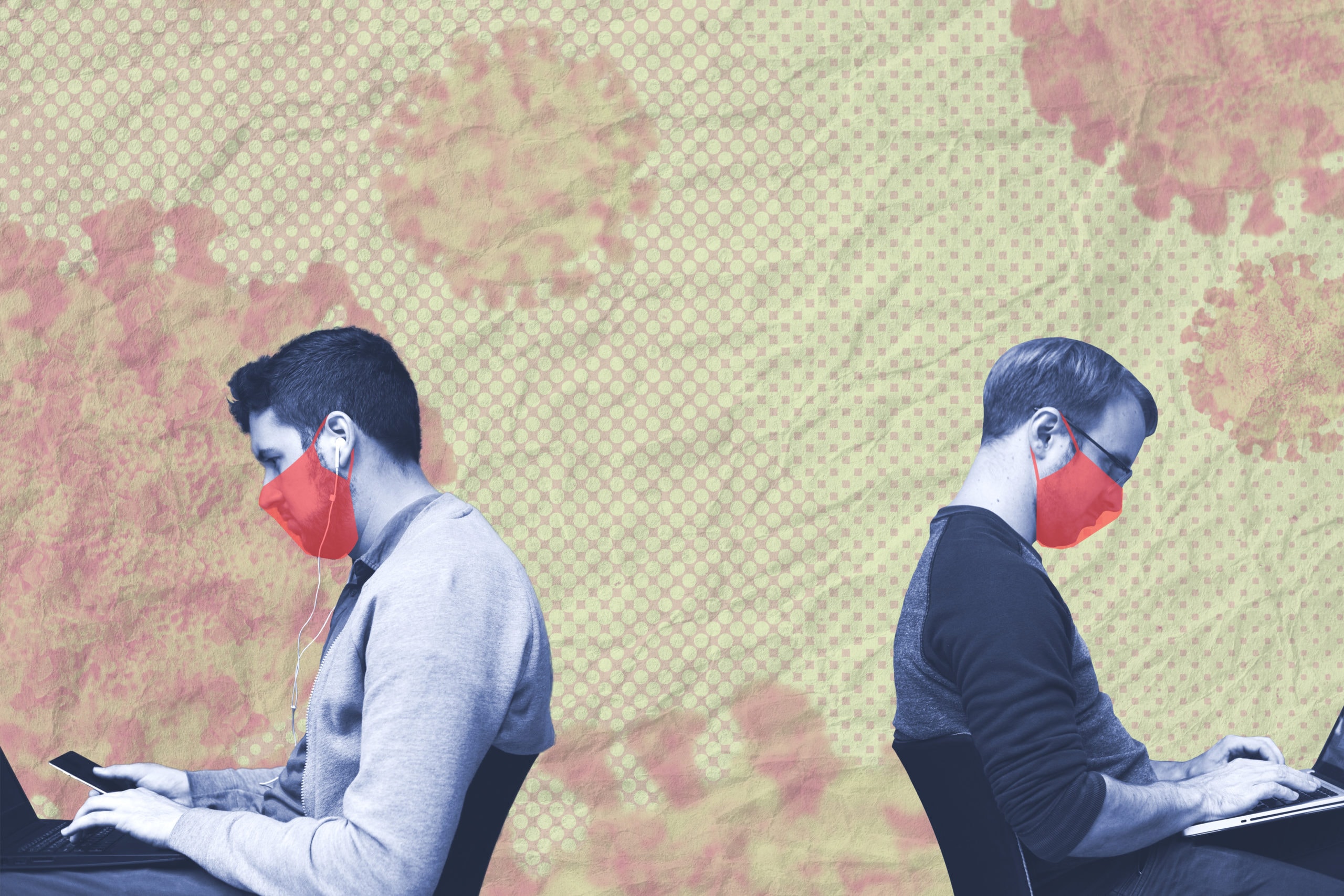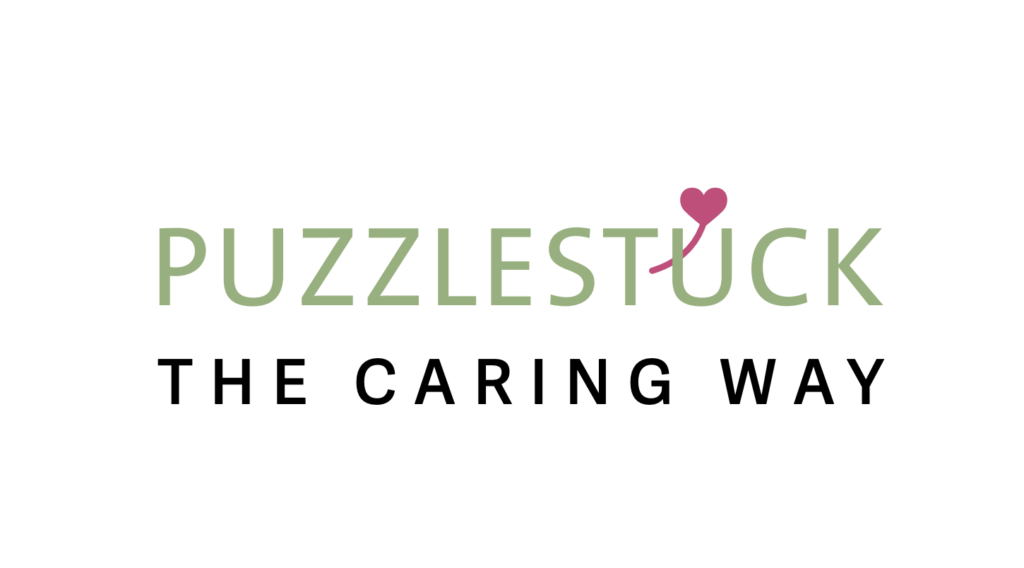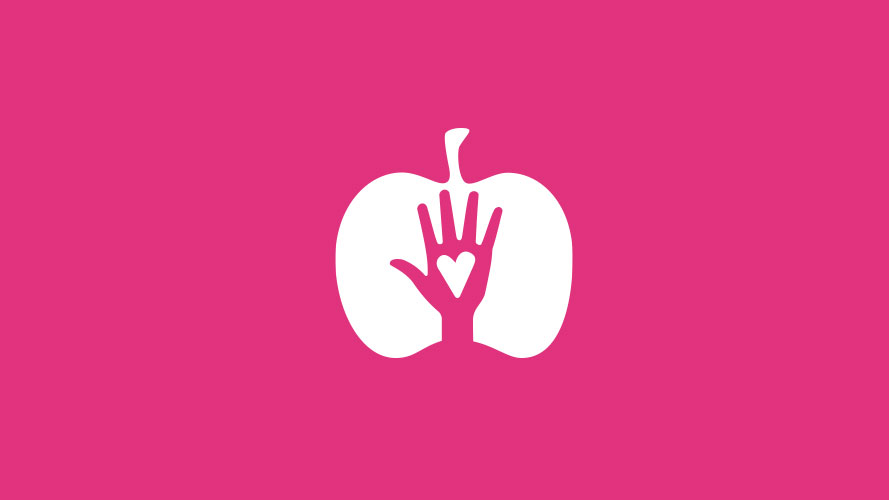The unprecedented use of masks
Masking has become common in many places around the world during the Covid-19 pandemic. Many workplaces, public spaces, school districts, and even child care facilities have enacted mask mandates as a means of slowing the spread of the Covid-19 virus.
At no time in history has the general population ever worn masks for extended periods of time and in such a variety of contexts. This raises many questions for parents, concerned citizens, and medical experts around the world as to whether masks are effective, safe, and necessary. In this article, we will address those questions using the latest scientific and medical data.
Are masks effective for Covid-19?
The evidence on whether masking is effective at stopping the transmission of SARS-CoV-2 is emerging every day. At this time, the evidence suggests that masks are not effective at stopping the spread of Covid-19. Here’s what we know:
- The primary mode of transmission of Covid-19 is through aerosols. Aerosols are the very small respiratory droplets that cause your glasses to fog up when you breathe on them. Aerosols can travel easily through and around the low-cost masks (surgical masks and cloth masks) worn by the majority of the general public.
- In studies conducted on low-cost surgical masks and cloth masks in May 2020, scientists found that masks did not reduce viral transmission of the common flu virus.
- In a randomized controlled trial in Denmark published in March 2021, there was no statistically significant reduction in the transmission of Covid-19 between people who wore masks and people who did not.
- Some new studies suggest that mask mandates have not been associated with lower SARS-CoV-2 spread, while other reviews of the clinical trials on masking suggest there could be a benefit.
The answer: The evidence on the effectiveness of masks emerges every day. To date, most data show that masks offer limited or no benefit in reducing the spread of Covid-19 and other viruses.

Surgical masks? Cloth masks? Which is better?
Many people have questions about which masks are the most effective. Cloth face masks and disposable masks (surgical) have become commonplace during the coronavirus outbreak. The most important thing to know is that when you are wearing an inexpensive mask such as a surgical mask or a cloth mask, most of the air you breathe will flow through the gaps in the mask at the top of your nose and sides of your face.
Both of these types of masks have pore sizes between 80 microns and 500 microns. The diameter of the coronavirus is 1 micron. Even the largest aerosol droplets, which are capable of carrying the virus, measure around 62 microns and can pass easily through the pores of these masks. Studies conducted on these types of masks in May 2020 indicated that they did not reduce viral transmission.
The answer: Inexpensive surgical masks and cloths masks function similarly, and do not seem to reduce the transmission of viruses. The World Council for Health does not recommend masks for preventing Covid-19. If you feel more secure wearing one, choose a cotton cloth mask that you can wash every day. Surgical masks are synthetic and contain chemicals like graphene that may be harmful to your health.
Are masks safe?

People naturally want to protect themselves and their families from illness, but many have concerns about wearing masks for extended periods of time. Some worry that they may be exposed to inappropriate levels of carbon dioxide or toxins while others are concerned about the impact of masks on learning skills such as nonverbal communication. The data on the safety of masks is only emerging. Here’s what we know:
The WHO’s Interim Guidance lists the following issues with masks:
- discomfort
- headaches
- breathing difficulties
- contamination
- facial lesions
- a false sense that other containment measures may be disregarded
- communication difficulties
In addition, the WHO confirmed significant negative effects on heart and lung function for both healthy people during mild to moderate exercise and people with underlying respiratory diseases.
Survey Data from Germany

In a country-wide survey conducted in Germany in 2021, 68% of parents reported difficulties with masks including headaches, irritability, difficulty concentration, less happiness, reluctance to go to school, malaise, impaired learning, and drowsiness and fatigue.Â
Limited Data: contaminants, carbon dioxide levels, impaired learning, and psychological impacts
Many people have questions about contaminants in masks including bacteria, viruses, pathogens, and toxins. Here’s what we know:
- There is data confirming the presence of respiratory viruses, bacteria, and other pathogens on masks worn by healthcare workers and students in educational institutions.
- Little is known about the psychological impact of masking
- There is little data on the impact of toxins and contaminants in masks
- It is not yet known how wearing masks impacts learning
- It is unknown if wearing a mask leads to excessive carbon dioxide levels or reduced oxygen levels
The answer: Many children, parents, and health care organizations report that masks have had significant negative impacts on children’s health and well-being. From the current scientific and medical data about masks, it is not known if they are safe.
Are masks for children necessary?

With so many questions about whether masks are effective and safe, many parents want to know if they are necessary. Children can carry the SARS-CoV-2 Virus, but they are extremely unlikely to develop a severe form of Covid-19. If they do catch the virus, it is very likely that they will show no symptoms or very mild symptoms. They tend to recover from the virus faster than adults, and, they are significantly less likely to spread it.
Despite complaints about masks and minimal evidence regarding their safety and efficacy, mandates in schools are becoming increasingly common. As a result, masks in schools and organized sports have become widely accepted. Children sports are wearing them for hours per day with little known about the benefit of masks or their potential effects.
The answer: At this time, there is insufficient evidence to suggest that wearing masks is necessary or beneficial for children.
What can I do if I am required to wear a mask?

If you or your family members are more comfortable wearing masks, you may do so, but remember to choose a clean, cotton mask to avoid anyone unknown effects from the chemicals found in synthetic masks. If your employer or institution requires you to wear one, but you do not wish to, you should feel free to advocate for yourself.
The answer: Remind your employer or institution that there is limited evidence to suggest that they are beneficial at reducing the spread of viruses, and no long-term data on their safety or how they might impact learning and emotional well-being. For more information, visit: childrenshealthdefense.org/ or https://ukfreedomproject.org/consent-to-treatment/.
Should I wear a mask?
When considering masks, the World Council for Health encourages you to make the best decision for your own health and comfort level. If you feel more comfortable wearing a mask, you may do so. If masking is problematic or uncomfortable for you, you should feel free to proceed without one.
What about my child?
- According to the CDC, children age 2 and under should never wear a mask because they may choke on them
- Since there is limited data confirming any benefit to wearing masks and no data on their safety, children should avoid wearing them when possible.
The most effective way to stop the spread of any illness is to stay home if you are sick and maintain a healthy immune system.
Best practice for wearing masks
Because the data on the impacts of mask-wearing is very limited, it is good to be cautious about their use. If you or your family member prefers to wear one or must wear one:
- Choose a clean, cotton mask.
- Remove masks whenever possible.
- Remember, there is no cause to wear one when you are outside, in your own home, distanced from others, or alone.
- Remove your mask if you are feeling unwell.
- Do not wear masks during moderate or heavy exercise.
- Stay updated with the latest data on masks and other health matters by joining our email list.






